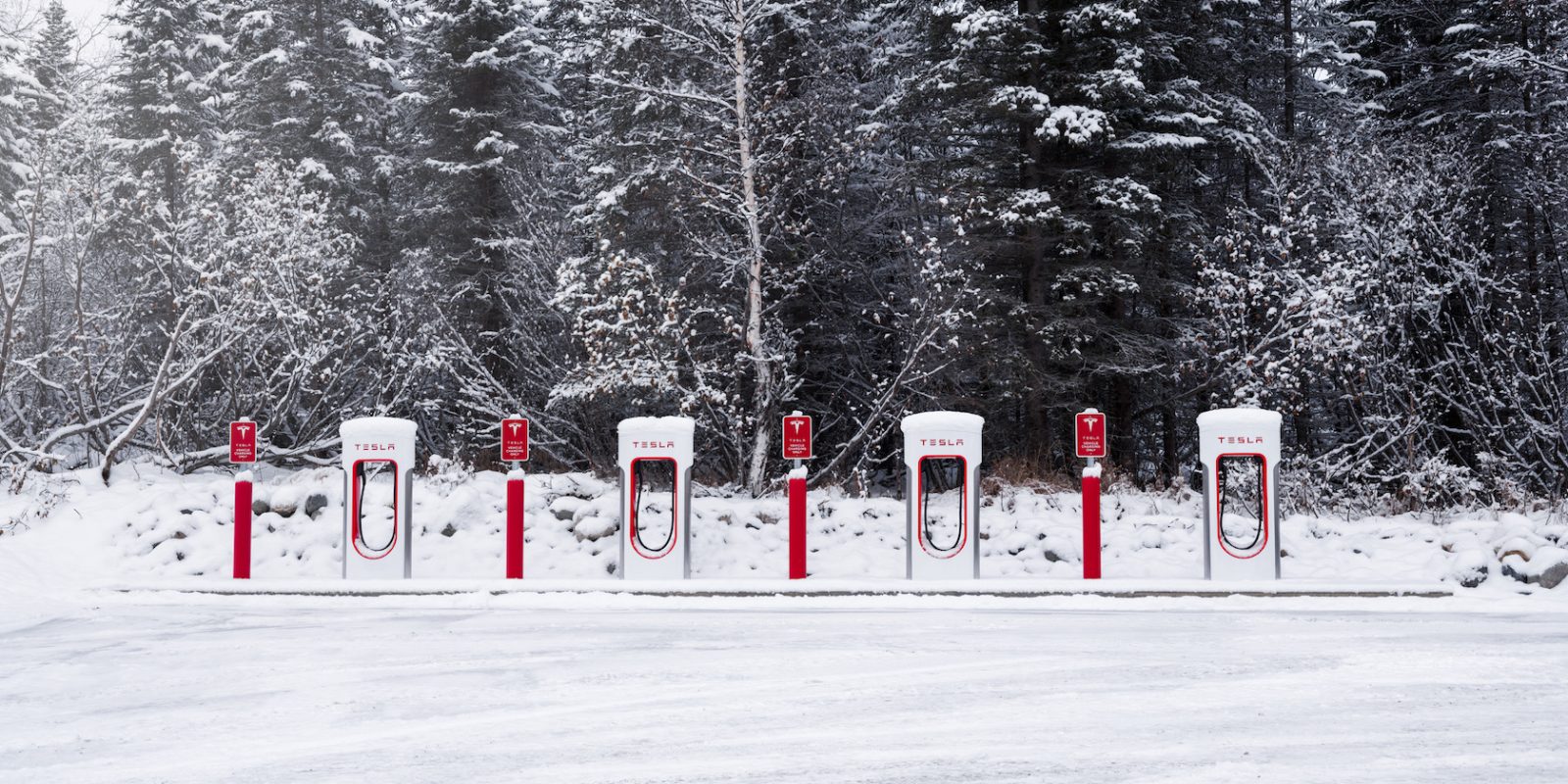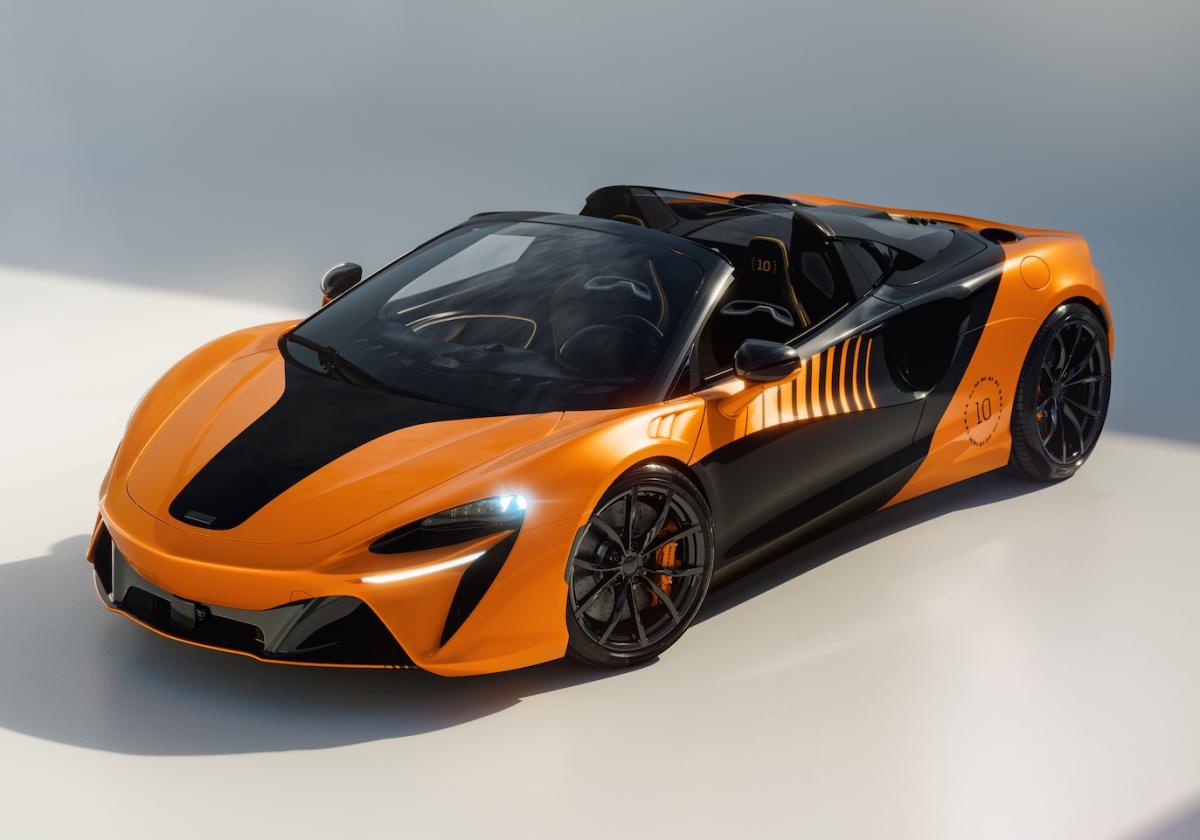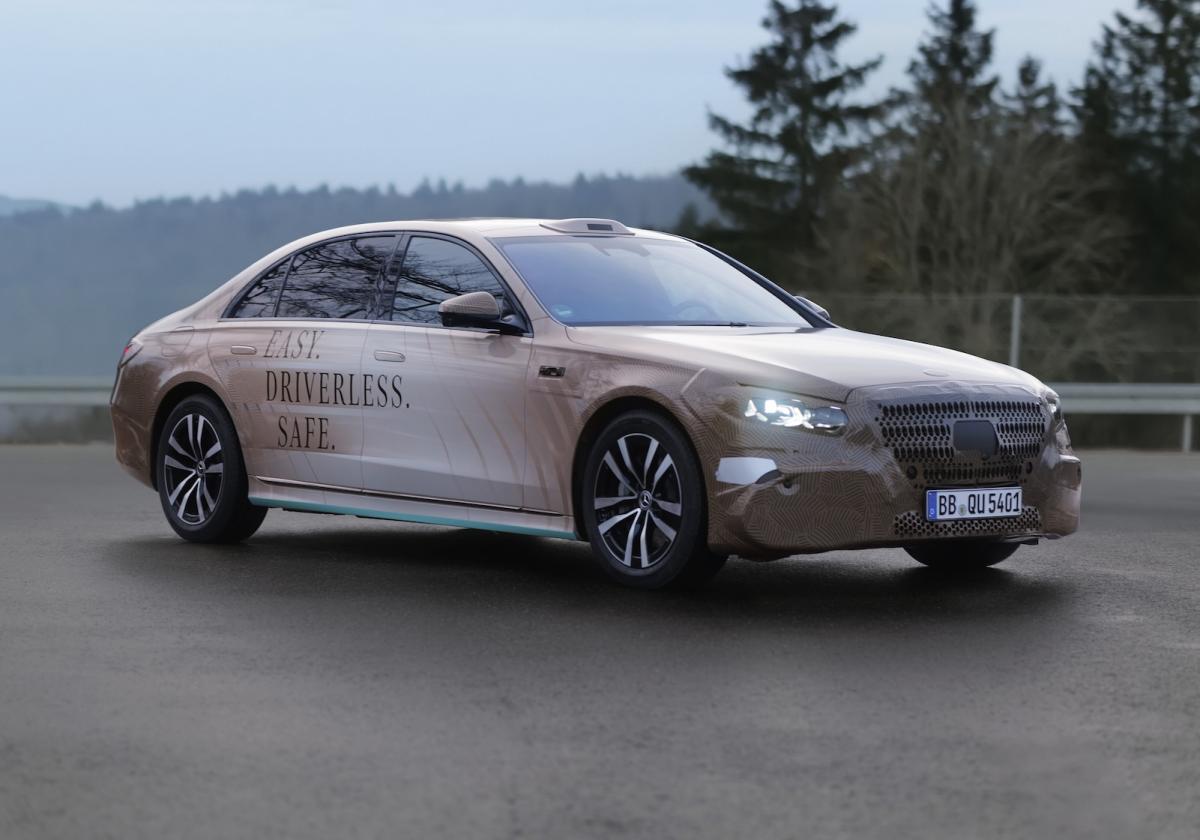A recent report from the Texas Public Policy Foundation claims electric vehicles benefit from large subsidies resulting in a higher effective fuel cost compared to gasoline vehicles. But the study’s assumptions are sparking debate on the true economics of EVs.
The report totals up various federal and state incentives, avoided gas taxes, and charging infrastructure costs to conclude powering an electric vehicle is equivalent to paying $17 per gallon at the pump. Researchers argue that without $22 billion in government support, the average EV sold last year would have cost about $50,000 more over 10 years.
Several key assertions underpin the foundation’s call for less interventions skewing consumer adoption. Namely regulatory credits, direct purchase subsidies, and upgrades needed for increased electricity demand from vehicle charging. But critics are challenging assumptions they say vastly overstate actual EV expenses while ignoring consumer savings over time.
Tesla, the global market leader in electric car sales, realized an 18 percent gross profit margin last quarter. Even excluding credits sold to other automakers failing to meet government fuel economy standards, it was 16%. Other manufacturers struggle breaking even due to battery expenses still falling with scale and technology improvements. Legacy automakers also carry higher legacy costs amortized over lower initial EV production that drags down profitability.
What the Texas foundation overlooks, opponents maintain, are maintenance and charging savings owners realize driving electric. Federal estimates calculate total lifetime costs of a comparable electric vehicle end up effectively on par or less than a gasoline-powered car. Battery replacements while expensive only occur beyond the normal ownership period of most buyers. Public charging infrastructure partially subsidized today by government funding may ultimately transfer to private networks without the need for perpetual taxpayer support as well.
Assessing the total cost of ownership debate, electric vehicles do receive significant backing during a disruptive transition for automakers and energy providers alike. However, reasonable analysts can differ on quantifying cross-subsidies while anticipating future technology gains. With electric vehicles projected to reach sticker price parity in the coming decade, the public may judge best the competing transportation technologies.
Senator Sheldon Whitehouse (D-RI) also contends the fossil fuel industry garnered an estimated $600 billion in governmental subsidies last year. Context always helps when urging caution against overzealous interventions. Still, letting markets determine winning mobility solutions remains the wisest course as innovations drive costs lower over time across all advanced vehicle offerings.







